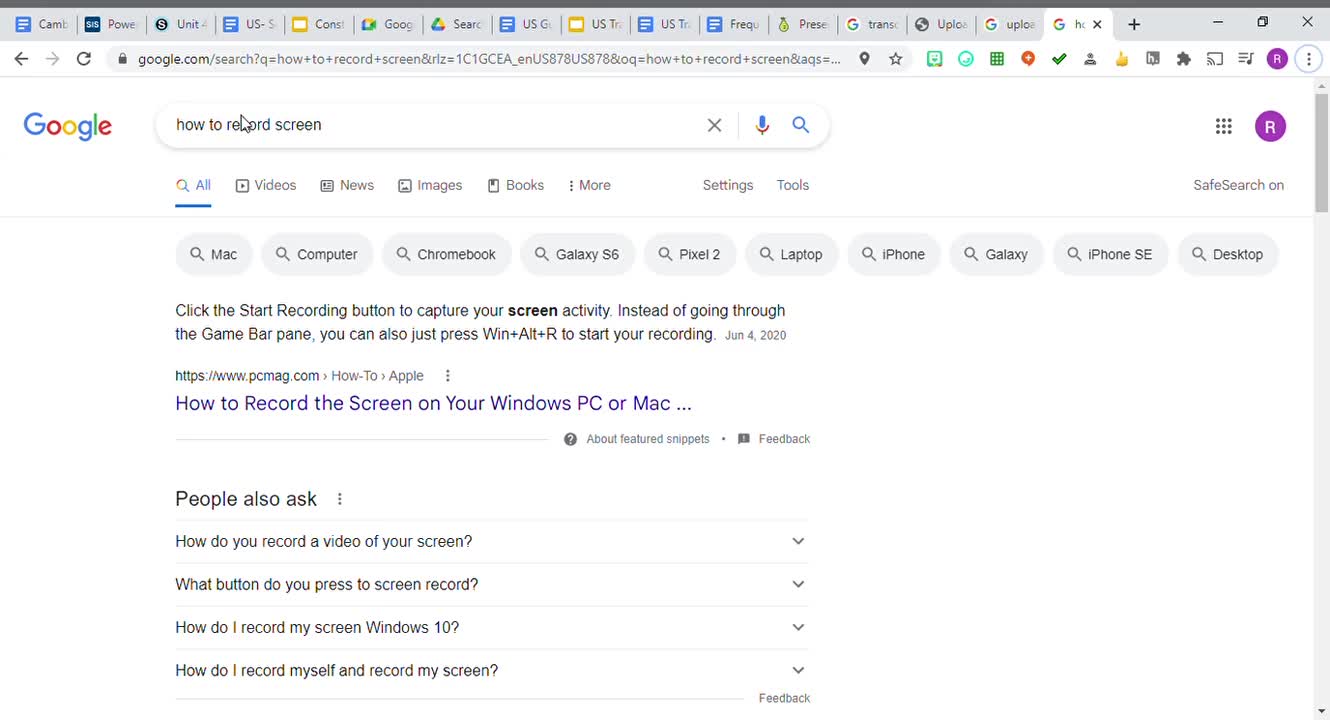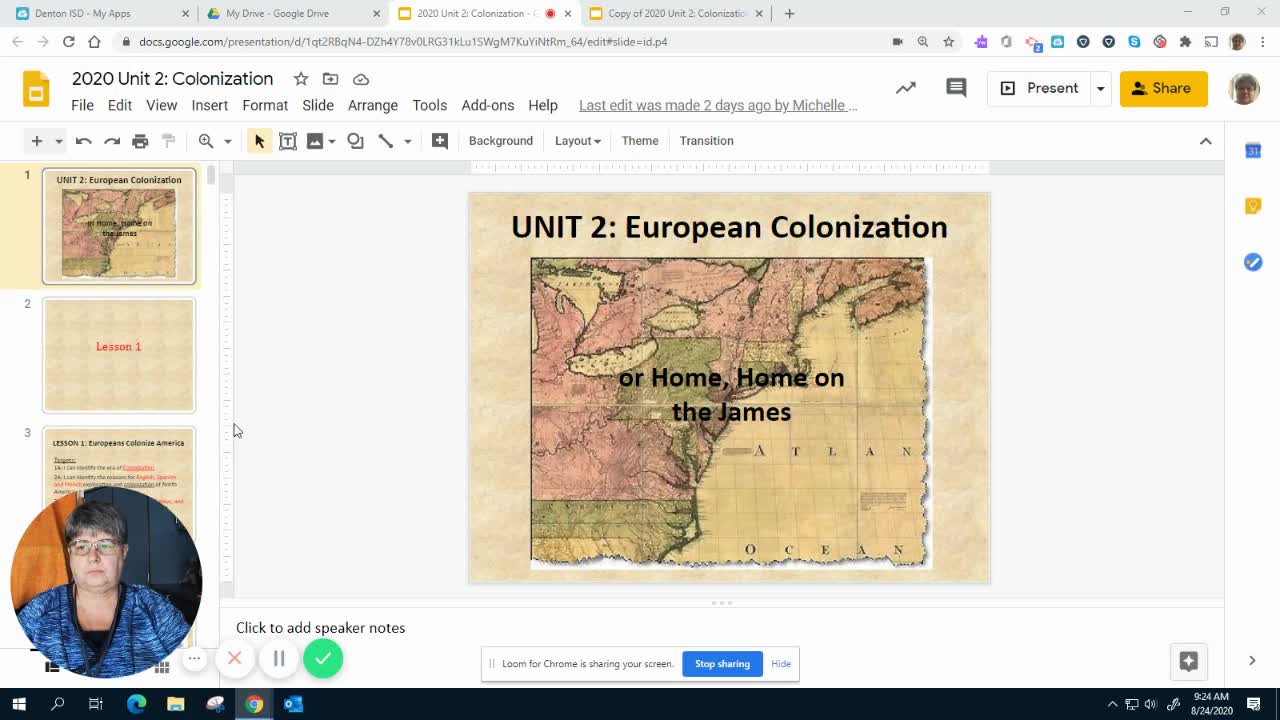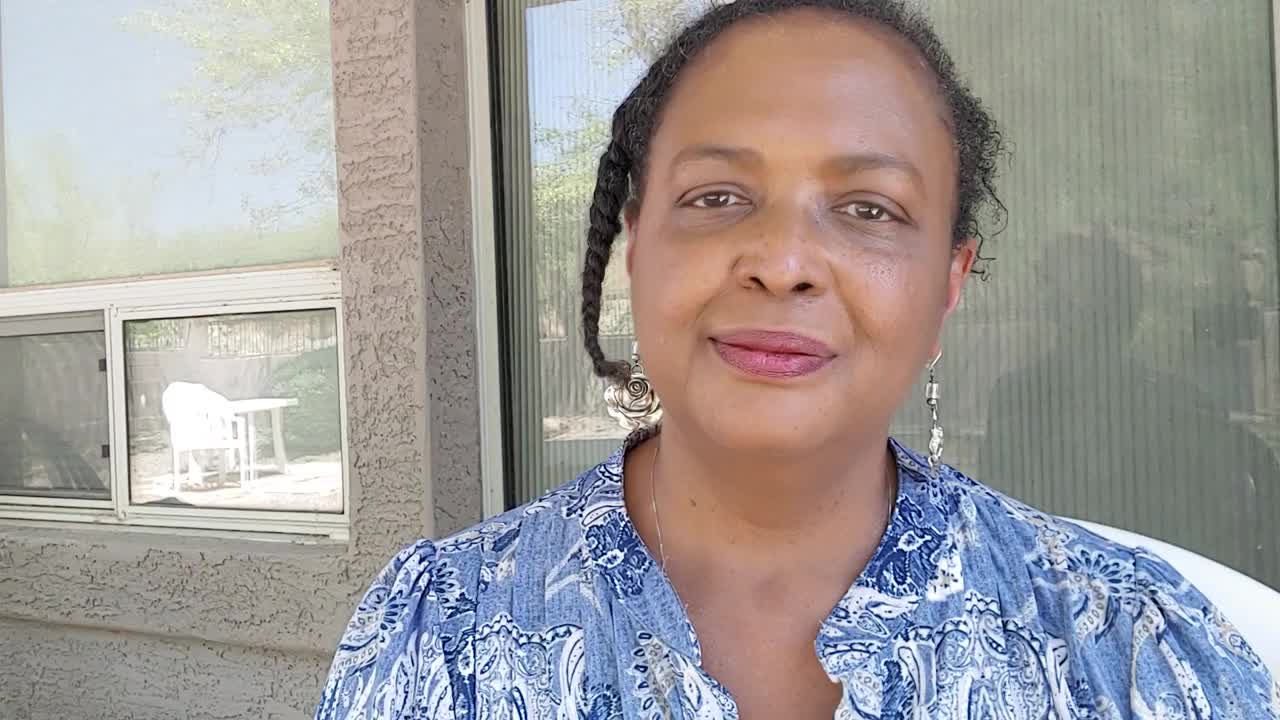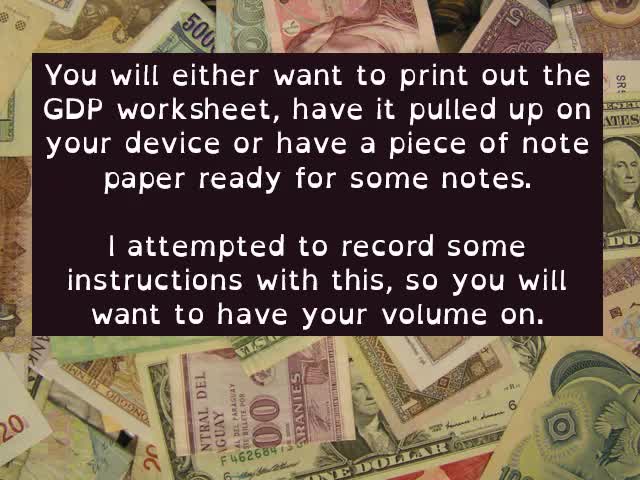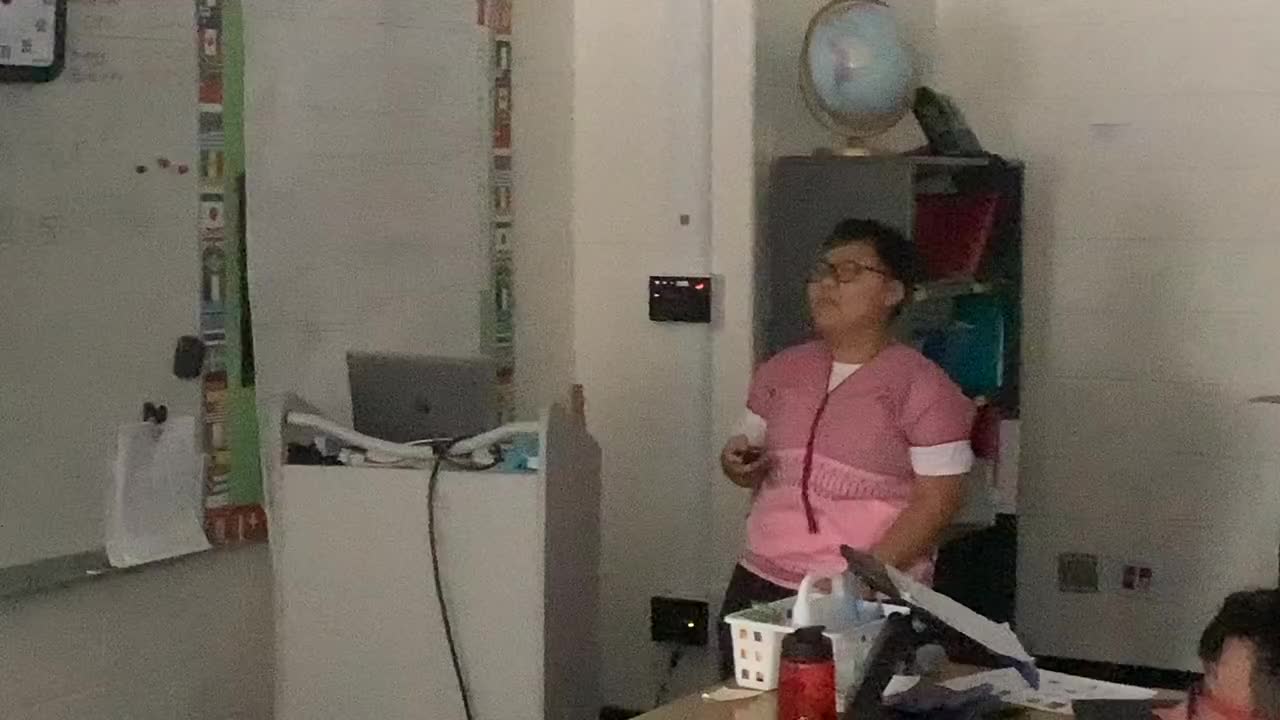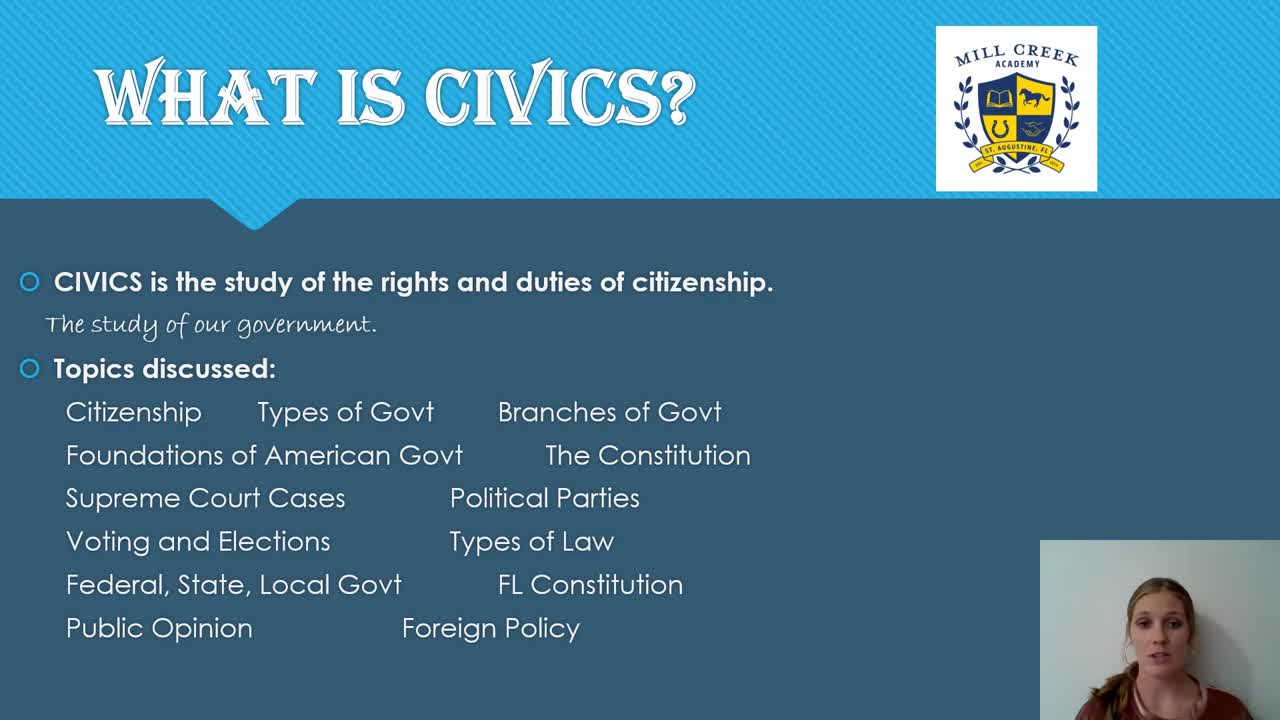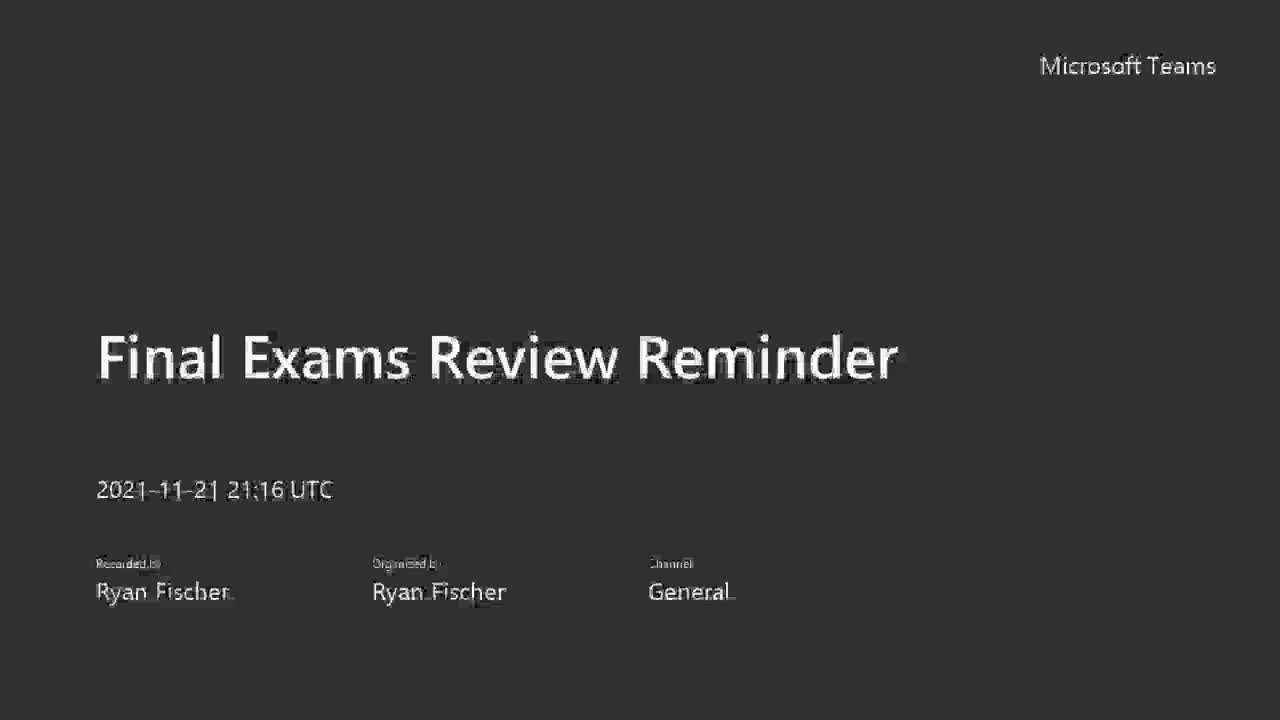Continental Congress - Ben Franklin
High School / Social Studies / Geography
Ben Franklin on Continental Congress
Yeah I grew up in America. But we were part of England. We were British subjects but in a new land. And so the problems that were coming with representation and taxation were very troublesome to all of us because they were indicative of a greater problem. Respect. That?s what we really wanted. We talked about taxes. We talked about representation. But we were looking for the same kind of respect that British subjects might receive living in London.
I went over to England. I spend a number of years there trying to talk to them about the problems that we had and see if we could resolve them in some way. When it became apparent that there was no alternative to revolution, I returned to America. Now we were going to try to become free and independent nation.
I was a member of that second continental congress. I was in a committee. A committee of five. We were suppose to write down the reasons that we were upset with the king over there in England. Why we deserve to seek our independence. John Adams was on the committee. And of course if you know anything about Mr. Adams you know he wanted to write that document. I said, ?You can not write this, Mr. Adams.? He said, ?Why not, Mr. Franklin?? I said, ?Well, your reputation sir.? Now I?m not certain whether it was Robert Livingston or perhaps it was Roger Sherman from Connecticut. One of them said, ?You know what people think of you, Mr. Adams.? And he did. He said, ?I know. They think I?m obnoxious. And they may be right.? I said, ?Well, they?ll never read it.? He said, ?But you can?t write it either, Franklin.? I said, ?Of course I can. I an a journalist. Now I have been writing all my life. I could write this document? He said, ?You will put a joke in there.? And he was probably right. But there was a young man in that committee. Now this young man was tall, good looking, with red hair. And he was a good writer. That was important you know. He was a brilliant man I think perhaps the most brilliant of the members of that Second Continental Congress. And he was from the South. Now we needed the support of the South and he was the only Southerner on that committee. But perhaps more important than all of that was the fact that he was young. Because he didn?t realize what was going to happen. Once he wrote the document, we changed it. And we changed it, and we changed it, and we changed it, and we changed it and Thomas Jefferson became a bit upset. He seem to feel that it was no longer his. Well of course it couldn?t be his. It had to belong to every one of us. So that when fifty-six of us pledged our lives, our fortunes, our sacred honor in signing that declaration it would indeed be a promise to the future generations of this land that there would be a free and independent nation for them, their children, and their grandchildren to be in.
I went over to England. I spend a number of years there trying to talk to them about the problems that we had and see if we could resolve them in some way. When it became apparent that there was no alternative to revolution, I returned to America. Now we were going to try to become free and independent nation.
I was a member of that second continental congress. I was in a committee. A committee of five. We were suppose to write down the reasons that we were upset with the king over there in England. Why we deserve to seek our independence. John Adams was on the committee. And of course if you know anything about Mr. Adams you know he wanted to write that document. I said, ?You can not write this, Mr. Adams.? He said, ?Why not, Mr. Franklin?? I said, ?Well, your reputation sir.? Now I?m not certain whether it was Robert Livingston or perhaps it was Roger Sherman from Connecticut. One of them said, ?You know what people think of you, Mr. Adams.? And he did. He said, ?I know. They think I?m obnoxious. And they may be right.? I said, ?Well, they?ll never read it.? He said, ?But you can?t write it either, Franklin.? I said, ?Of course I can. I an a journalist. Now I have been writing all my life. I could write this document? He said, ?You will put a joke in there.? And he was probably right. But there was a young man in that committee. Now this young man was tall, good looking, with red hair. And he was a good writer. That was important you know. He was a brilliant man I think perhaps the most brilliant of the members of that Second Continental Congress. And he was from the South. Now we needed the support of the South and he was the only Southerner on that committee. But perhaps more important than all of that was the fact that he was young. Because he didn?t realize what was going to happen. Once he wrote the document, we changed it. And we changed it, and we changed it, and we changed it, and we changed it and Thomas Jefferson became a bit upset. He seem to feel that it was no longer his. Well of course it couldn?t be his. It had to belong to every one of us. So that when fifty-six of us pledged our lives, our fortunes, our sacred honor in signing that declaration it would indeed be a promise to the future generations of this land that there would be a free and independent nation for them, their children, and their grandchildren to be in.

